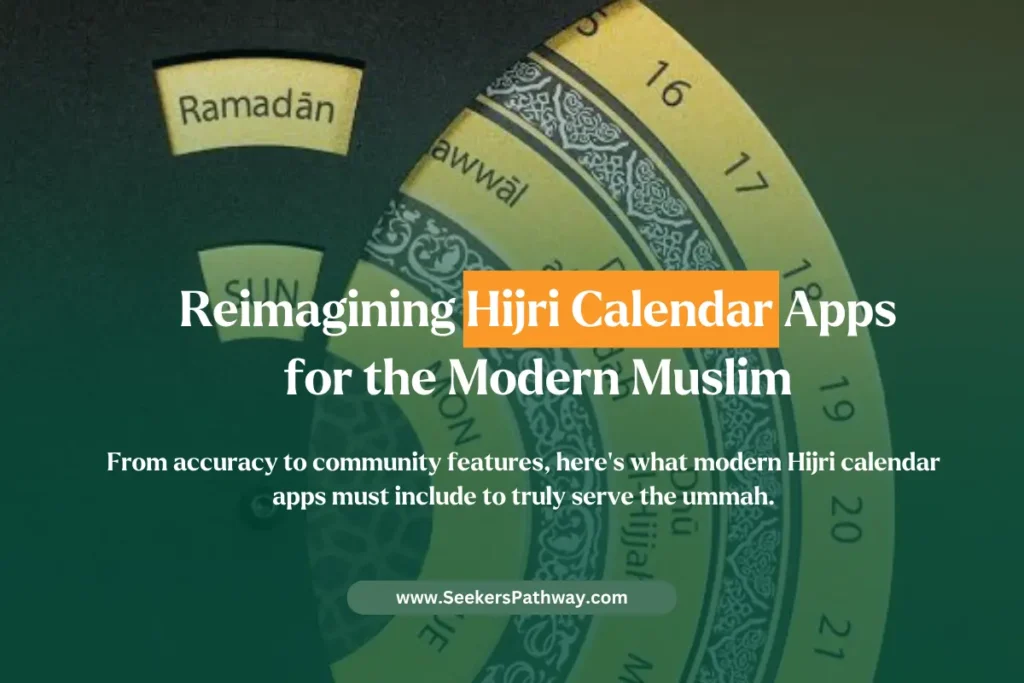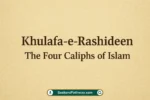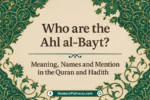Hijri calendar (Islamic lunar calendar) and its importance The Hijri calendar, also known as the Islamic lunar calendar, is important to Muslim life. It calls the shots on sacred months, fasting, Hajj, Eid and even beyond. With Muslims increasingly relying on digital methods of tracking dates and events, Hijri calendar apps are growing in popularity. But most have yet to offer features that resonate deeply with Islamic requirements. Here’s what developers need to think about when creating a Hijri app that will have a real impact.
8 Essential Features for Modern Hijri Calendar Apps
1. Accurate Lunar Tracking
As the Hijri calendar depends on the moon sighting, apps need to have reliable moon phase information, ideally coordinated with local moon-sighting organizations, or official religious councils. Support regional settings for moonsighting (e.g., global vs local) so that people can see correct Islamic dates for their places.
2. Dual Calendar Display
Users tend to use both the Gregorian and Hijri calendars. By offering a single, unified toggle or dual view interface for both worldly and spiritual activities, users can achieve the right balance between the two.
3. Prayer Times and Qibla Direction
Complete Hijri app would have to include a correct praying schedule (prayer timings + Qibla compass all according to my position). So now you have a pipeline from spiritual planning to daily worship.

4. Event Reminders for Islamic Milestones
Alerts for important dates on the Islamic calendar, such as the beginning of Ramadan, Laylatul Qadr, Eid, the Day of Arafah, and Ashura, can provide users with time to prepare their minds and souls. Some apps might even come with countdowns for big occasions like Hajj or Eid.
5. Duas, Verses, and Hadith Integration
For every significant day in Islam or special occasions, developers can add relevant duas, verses, or hadith, making something as basic as referencing the date an act of spiritual growth and reflection.
6. Zakat, Fasting, and Hajj Trackers
There are so many Muslims who want to keep up with their missed fasts, zakat dues, and Hajj progress. The inclusion of trackers for these rituals can make the app more useful as a tool to practice the religion on a daily basis.
7. Custom Islamic Event Logging
Allowing users to log personal Islamic milestones (such as completing a khatm, performing umrah, or donating on a holy day) can make the app a personalised spiritual journal.
8. Multilingual Support
To be universally inclusive, the app needs to be offered in multiple languages, Arabic, Urdu, English, Bahasa, Turkish and more, to be of use to Muslims across the world.
Conclusion
A Hijri calendar app is more than just a simple date tracker. It is a portal, through which opens spiritual cooperation, religion-oriented preparation and deep contemplation. With this kind of consideration, Muslim developers can create a better app entirely than one that serves up daily prayers, they can build ones that are not just useful, but that spiritually, personally transform.










